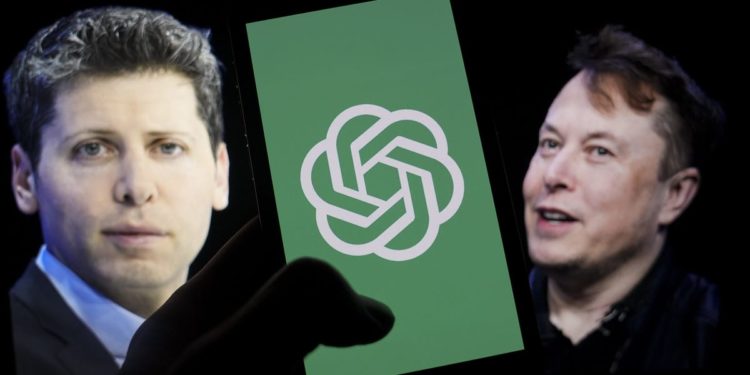Elon Musk is trying to get the court to stop OpenAI’s transition to a for-profit entity, a new filing shows.
In a motion filed Friday, Musk’s lawyers asked Judge Yvonne Gonzalez Rogers of the US District Court for the Northern District of California to issue an injunction against OpenAI, preventing it from completing its transition from a nonprofit to a for-profit company.
The request also argues that OpenAI has engaged in anticompetitive behavior by discouraging investors from partnering with its competitors, such as Musk’s company xAI, and has benefited from “wrongfully obtained competitively sensitive information” through its ties with Microsoft.
Reid Hoffman, the cofounder of LinkedIn, previously served on the boards of OpenAI and Microsoft simultaneously. Musk’s lawyers write that Hoffman’s role in both companies, which they describe as “the Microsoft-OpenAI board interlocks,” resulted in information being wrongfully shared between the companies and monopolistic market practices. Musk’s lawyers say the partnership amounted to violations of antitrust law.
“It would be one thing if Microsoft were, once again, engaging in anticompetitive conduct, this time with OpenAI. It would be another if OpenAI, aided and abetted by Microsoft, were violating the terms of Musk’s foundational contributions to the charity,” the filing reads, referring to OpenAI as a charity due to its founding as a nonprofit organization. “But OpenAI and Microsoft together exploiting Musk’s donations so they can build a for-profit monopoly, one now specifically targeting xAI, is just too much. Plaintiffs and the public need a pause.”
If granted, the request for an injunction would stall OpenAI’s for-profit transition and force the company to halt its partnerships with Microsoft.
Lawyers for Microsoft, Hoffman, and Musk did not immediately respond to requests for comment from Business Insider.
No longer a nonprofit
Musk and OpenAI CEO Sam Altman were part of a group of Silicon Valley figures, including Hoffman and former PayPal CEO Peter Thiel, who cofounded or helped fund OpenAI in 2015 as a nonprofit. Musk invested between $45 and $50 million in the company, the Tesla CEO told CNBC last year and OpenAI says on its website, and served on its board of directors until his departure in 2018. In the years since, Musk and Altman have publicly feuded over OpenAI’s direction, Musk’s role in its success, and AI development more broadly.
In September, OpenAI — now worth more than $150 billion — announced that it planned to restructure itself to a for-profit entity nearly a decade after its launch.
The Friday filing argues that OpenAI’s path from a nonprofit to a for-profit entity has been “replete with per se anticompetitive practices, flagrant breaches of its charitable mission, and rampant self-dealing.”
“Whatever leeway OpenAI might have been due under antitrust law as a purported charity it chose to forego when it subordinated itself to Microsoft for profit,” the filing reads. “OpenAI must therefore play by the same rules as everyone else. It cannot lumber about the marketplace as a Frankenstein, stitched together from whichever corporate forms serve the pecuniary interests of Microsoft and Altman at any given moment.”
The filing is the latest in the ongoing legal saga between Musk and Altman that has escalated this year. Musk originally filed the suit against Altman and other OpenAI executives in March before withdrawing it in June. He re-filed a new version of the suit in August, arguing he was “deceived” into cofounding the company. Earlier this month, Musk’s lawyers added Microsoft and Hoffman as defendants.
Hoffman, in August, described Musk’s lawsuit against OpenAI as a case of “sour grapes.”
A spokesperson for OpenAI told Business Insider the latest filing in the case, “which again recycles the same baseless complaints, continues to be utterly without merit.”
The post Elon Musk asks court to stop OpenAI from dropping nonprofit status appeared first on Business Insider.



















